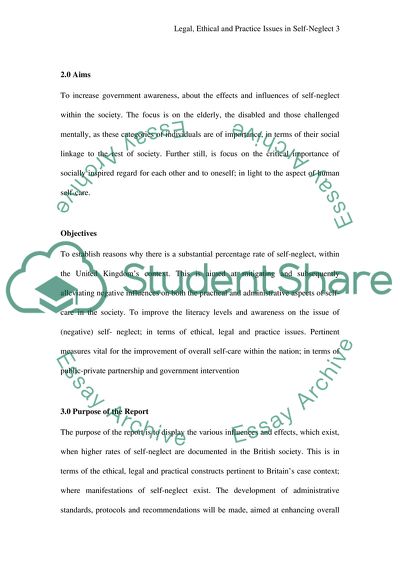Cite this document
(Legal, Ethical and Practice Issues in Self-Neglect Case Study, n.d.)
Legal, Ethical and Practice Issues in Self-Neglect Case Study. https://studentshare.org/health-sciences-medicine/1818075-legal-ethical-and-practice-issues-in-self-neglect-choose-any-country
Legal, Ethical and Practice Issues in Self-Neglect Case Study. https://studentshare.org/health-sciences-medicine/1818075-legal-ethical-and-practice-issues-in-self-neglect-choose-any-country
(Legal, Ethical and Practice Issues in Self-Neglect Case Study)
Legal, Ethical and Practice Issues in Self-Neglect Case Study. https://studentshare.org/health-sciences-medicine/1818075-legal-ethical-and-practice-issues-in-self-neglect-choose-any-country.
Legal, Ethical and Practice Issues in Self-Neglect Case Study. https://studentshare.org/health-sciences-medicine/1818075-legal-ethical-and-practice-issues-in-self-neglect-choose-any-country.
“Legal, Ethical and Practice Issues in Self-Neglect Case Study”. https://studentshare.org/health-sciences-medicine/1818075-legal-ethical-and-practice-issues-in-self-neglect-choose-any-country.


